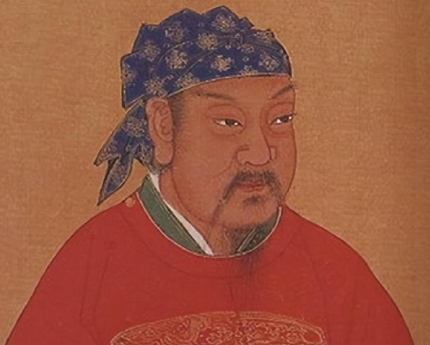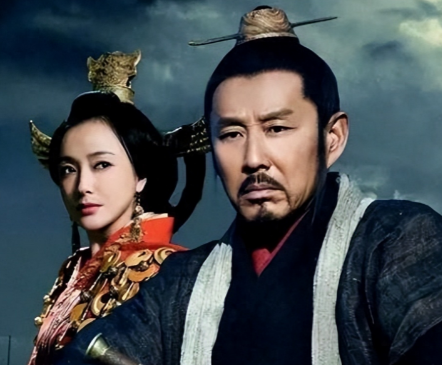Dorgon, a founding figure of the Qing Dynasty and a powerful uncle of the emperor, led a life full of twists and turns like a historical drama. Although he enjoyed great power during his lifetime, he was tragically disinterred after his death. However, during the reign of Emperor Qianlong, he was rehabilitated by later emperors, and the reasons behind this deserve further exploration.

Born at the end of the Ming Dynasty, Dorgon was the fourteenth son of Nurhachi, the founder of the Qing Dynasty. He was intelligent from a young age and frequently achieved military victories. In the early days of the Qing Dynasty, he assisted Emperor Shunzhi in consolidating the dynasty's rule and was known as the "Regent Wang." However, the temptation of power gradually led him to become autocratic, sparking resentment among many court officials.
In the seventh year of Emperor Shunzhi's reign, Dorgon died of illness. The following year, his title was revoked, his estate was confiscated, and even his tomb was dug up, leaving no trace of his remains.
However, during the reign of Emperor Qianlong, he ordered the rehabilitation of Dorgon. This was because during his reign, Emperor Qianlong implemented a series of political reforms, including the evaluation and handling of the history of previous dynasties. He believed that although Dorgon had made mistakes, his contributions could not be erased. Moreover, Emperor Qianlong hoped to alleviate internal conflicts in the court and stabilize the political power by rehabilitating Dorgon.
Additionally, Emperor Qianlong was also an emperor who valued history. He believed that history should be accurately recorded and should not be negated due to individual mistakes. Therefore, his evaluation of Dorgon was fair, acknowledging both his mistakes and contributions.
Overall, Dorgon's life was filled with dramatic changes, and his rise and fall reflected the intense political struggle in the early Qing Dynasty. Emperor Qianlong's decision to rehabilitate him was not only a fair evaluation of his historical status but also aimed to achieve political stability and harmony.
Disclaimer: The above content is sourced from the internet and the copyright belongs to the original author. If there is any infringement of your original copyright, please inform us and we will delete the relevant content as soon as possible.































